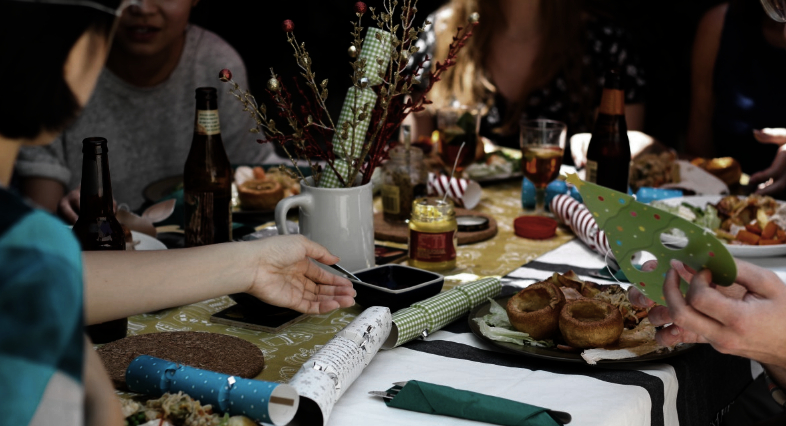For American Catholics, it feels like a dark time. For many of us, the current presidency represents a broader national moment of anger and division, a resurgence of pettiness and hatred, a loss of thoughtfulness and magnanimity.
And now, the stomach-churning news of new tales of sexual abuse. Frankly, it has left some of us wondering how to put one foot in front of the other.
As it turns out, the Catholic tradition has some advice to offer.
- Do your work. The old monastic saying is “age quod agis,” which contemporary translators try to dress up as “do your best at whatever you do” or some such nonsense, but it is a lot simpler than that. “Do what you’re doing” is actually what it says. At a moment when our attention ricochets constantly from one crisis to the next, this is a lot harder than it sounds. If you are teaching, teach. If you are organizing, organize. If you are farming, farm. Attend to your own unique calling with patience and care. We are all relying on you to do your own part well. If you want to discern a path to something new, that’s fine, but not too often.
- Rest from your work. Reclaim Sabbath and the joy that comes with crossword puzzles and music-making and all the things that may ”produce” nothing in particular, but allow you to rest your heart and your mind. Reclaim evening as a time when, tired from the day, you give yourself over to these things.
- Eat well. There’s been a lot of talk about a revival of fasting, but a revival of feasting would be no less revolutionary. Remember feast days in your home with fanfare and with sweets. Cook the food, and tell the stories, slowly. And when you are feasting, remember what “hospitality” looks like in the Christian tradition: scooting your chair over and wiping off the placemat with your elbow so there is room for one more.
- Have mercy. On the ones who have hurt you, sure. And on the people around you who need you to see them and care for them. But on yourself, too. If “Catholic” means anything, it means that the the most real thing, the thing at the center of all of reality. is Love. Even as we demand accountability, we can continue to seek the mind of Christ. If we come to imitatie it fully, mercy will be our natural state. There is still no better habit to form yourself in this way than the habit of the communal liturgy of the Eucharist.
- Meet a friend for a beer. Or a dance party. Or a long walk. The work of love is part of your work, too. If there is no time for real friendship or real conversation, you can’t do any of the above well.
None of this is meant to advise that you put on rose-colored glasses. There very well may be even worse news coming. And you may be called to to do something about it. Whether politically or ecclesially, there may be very hard work of questioning and accountability to come. But this is how you’ll be ready.



